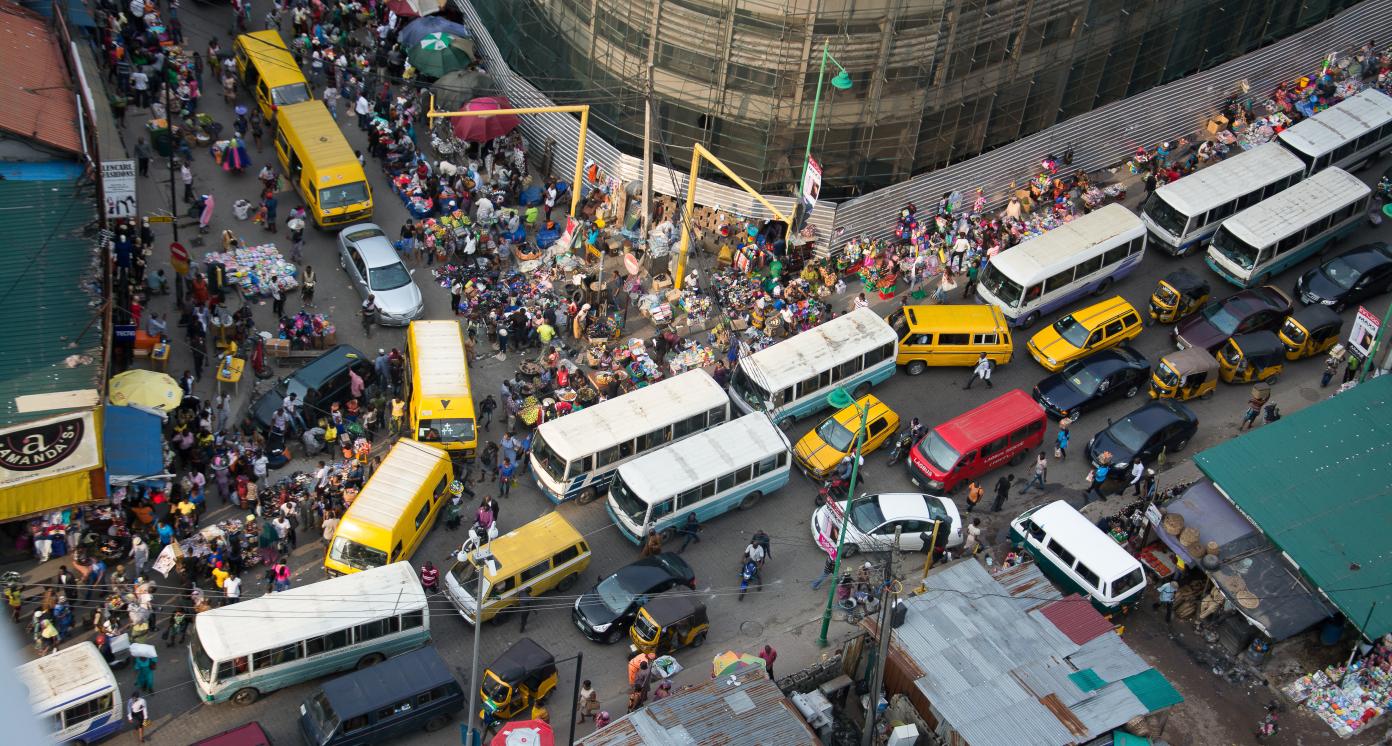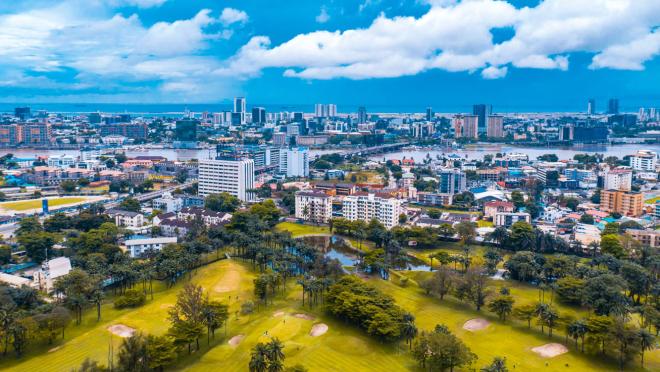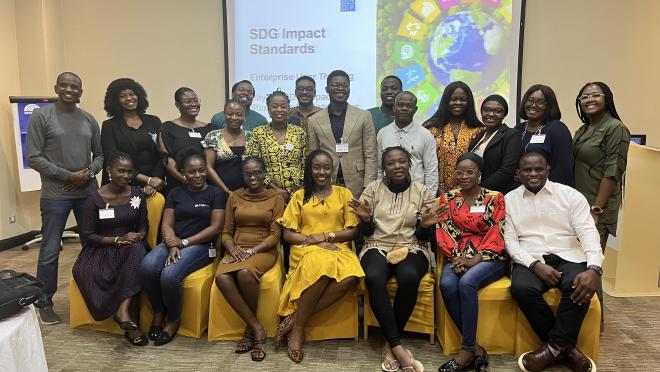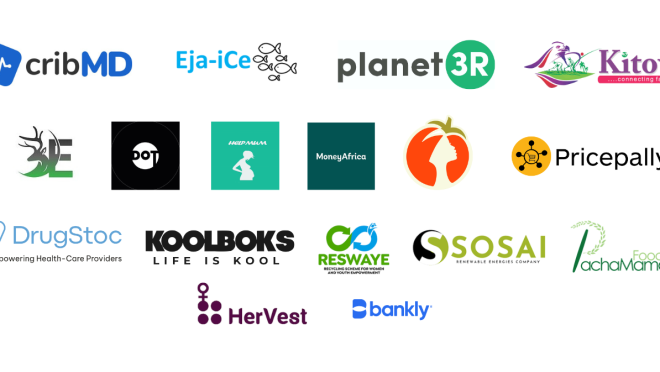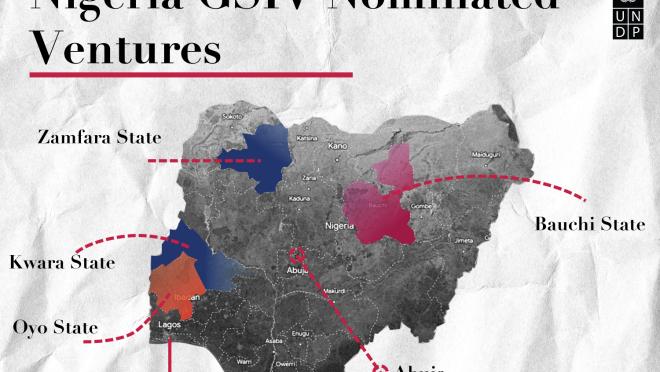Nigeria is a multi-ethnic and culturally diverse federation which consists of 36 autonomous states and the Federal Capital Territory. The political landscape is partly dominated by the ruling All Progressives Congress party (APC) which holds 217 out of 360 seats at the National Assembly; 64 out of 109 seats in the Senate; and 19 out of 36 State Governors. Muhammadu Buhari secured a second term at the 2019 presidential elections, while the results were contested by the main opposition party the People’s Democratic Party (PDP). Since 2011, the Nigerian security landscape has been consistently shaped by the war against Boko Haram terrorist group in the northern states. This adds to a lasting crisis in the oil-rich Niger Delta, where several non-state armed groups attack oil companies and state-owned pipelines.
Nigeria is highly vulnerable to the global economic disruption caused by COVID-19, particularly due to the pronounced decline in oil prices and spikes in risk aversion in global capital markets. Nationally, 40 percent of Nigerians (83 million people) live below the poverty line, while another 25 percent (53 million) are vulnerable. With COVID-19, many of these 53 million vulnerable people could fall into poverty.
The macroeconomic situation is more challenging now than in 2015-2016, when oil prices fell sharply and Nigeria experienced its first recession in 25 years. In the current situation, Nigeria has fewer buffers and policy instruments to cushion adverse effects.
Unemployment and underemployment are expected to increase, affecting poor households and increasing the share of the population vulnerable to falling into poverty. Only agriculture is expected to positively contribute to growth in 2020.
17
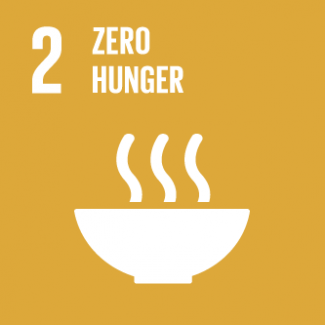
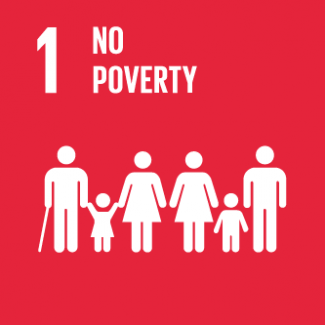
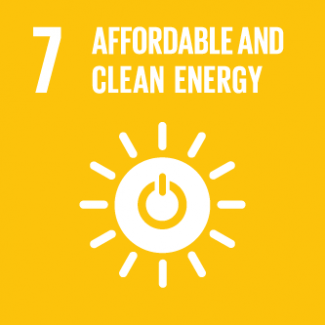
Food and Beverage, Infrastructure, Renewable Resources and Alternative Energy
0.539
How is this information gathered?
SDG Investor Maps employ an 8-step methodology, combining data research and stakeholder consultations to identify Investment Opportunity Areas (IOAs) and potential business models with significant financial and impact potential.
Disclaimer
UNDP, the Private Finance for the SDGs, and their affiliates (collectively “UNDP”) do not seek or solicit investment for programmes, projects, or opportunities described on this site (collectively “Programmes”) or any other Programmes, and nothing on this page should constitute a solicitation for investment. The actors listed on this site are not partners of UNDP, and their inclusion should not be construed as an endorsement or recommendation by UNDP for any relationship or investment.
The descriptions on this page are provided for informational purposes only. Only companies and enterprises that appear under the case study tab have been validated and vetted through UNDP programmes such as the Growth Stage Impact Ventures (GSIV), Business Call to Action (BCtA), or through other UN agencies. Even then, under no circumstances should their appearance on this website be construed as an endorsement for any relationship or investment. UNDP assumes no liability for investment losses directly or indirectly resulting from recommendations made, implied, or inferred by its research. Likewise, UNDP assumes no claim to investment gains directly or indirectly resulting from trading profits, investment management, or advisory fees obtained by following investment recommendations made, implied, or inferred by its research.
Investment involves risk, and all investments should be made with the supervision of a professional investment manager or advisor. The materials on the website are not an offer to sell or a solicitation of an offer to buy any investment, security, or commodity, nor shall any security be offered or sold to any person, in any jurisdiction in which such offer would be unlawful under the securities laws of such jurisdiction.















